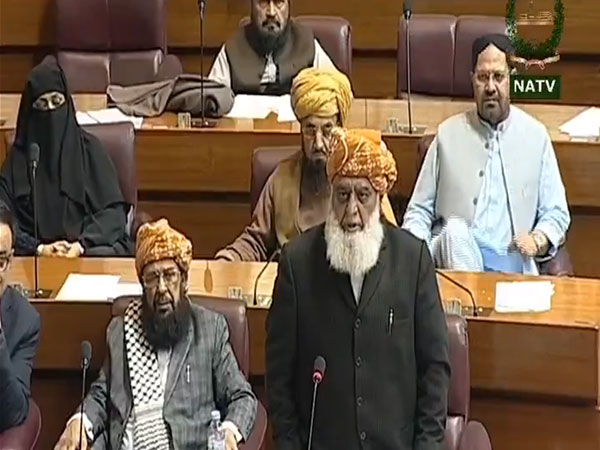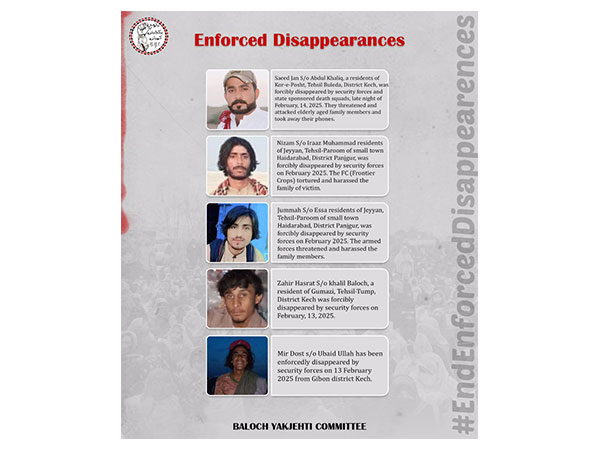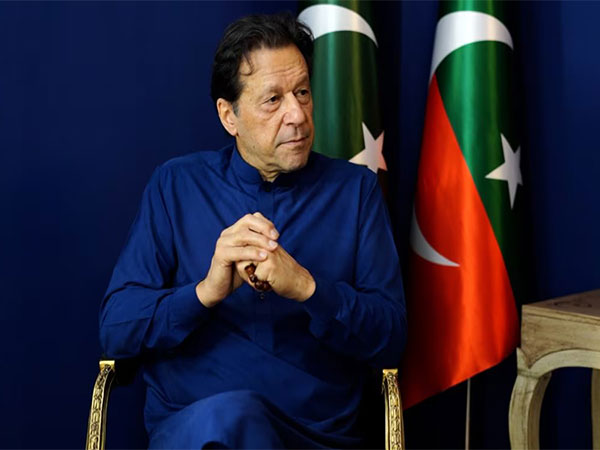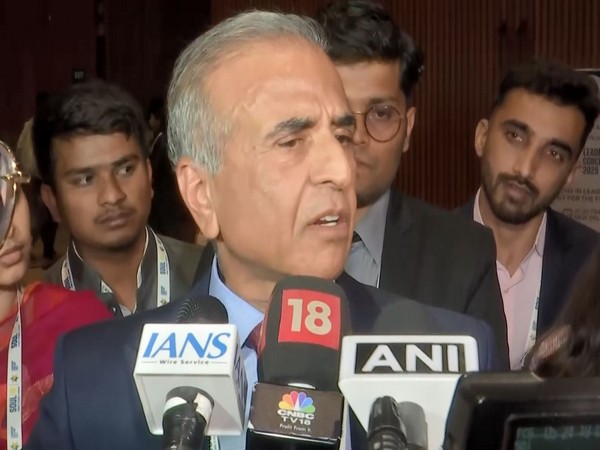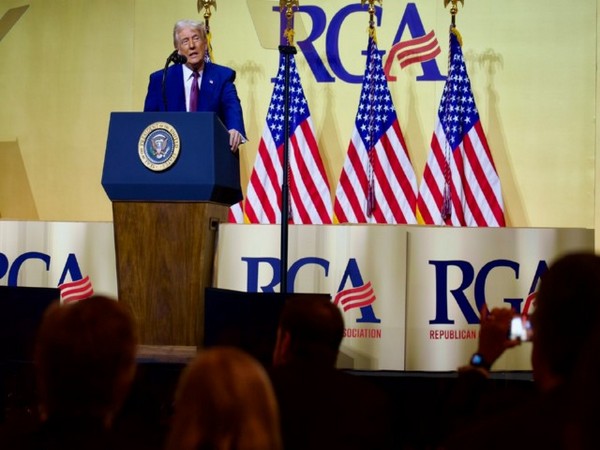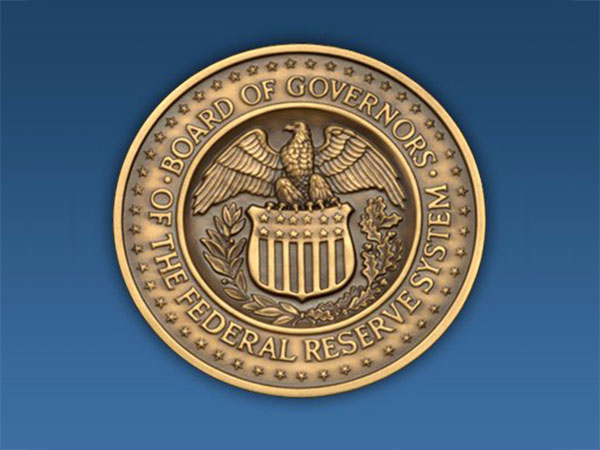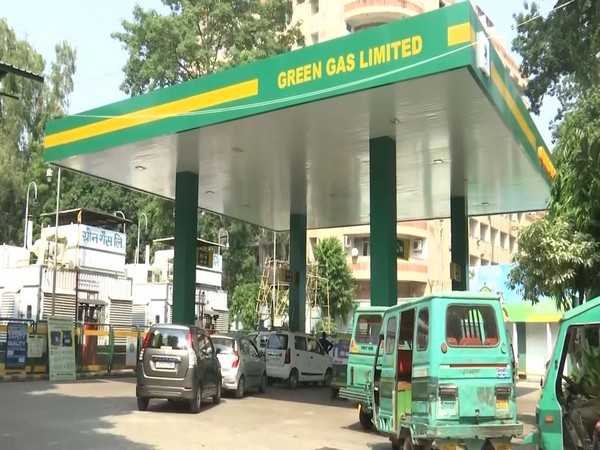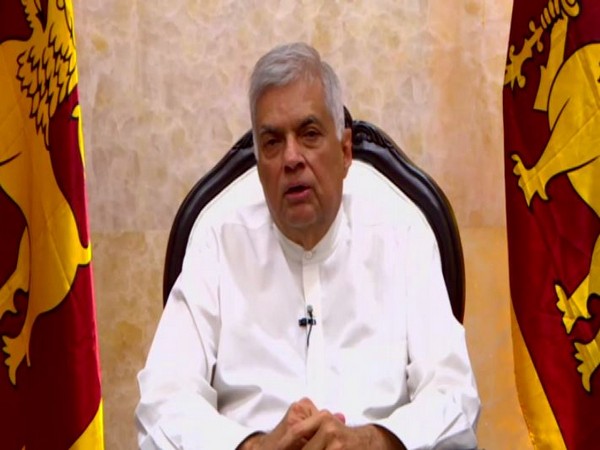
Colombo [Sri Lanka], July 17 (ANI): Sri Lanka’s state-owned Ceylon Petroleum Corporation (CPC) and the Lanka Indian Oil Corporation (LIOC) have decided to lower the retail price of fuel from Sunday.
As per the local media, the price of a litre of Octane 92 petrol will be reduced by 20 rupees, and the new retail price will be 450 rupees (1.25 dollars). Octane 95 petrol will sell for 540 rupees per litre, down by 10 rupees, DailyMirror reported quoting the local media.
The diesel price in the island nation will be slashed by 20 rupees per litre and the fuel will now be sold at 440 rupees, whereas the price for super diesel will be 510 rupees a litre following a reduction of 10 rupees.
The Ministry of Power and Energy also introduced a new digital system to systematize the distribution of fuel from July 21. Both the CPC and the LIOC will take part in the scheme.
Sri Lanka has been facing crippling fuel shortages since February. In late June, CPC suspended distributing fuel for private vehicles.
CPC will start fuel distribution from July 21, following the arrival of petrol and diesel shipments.
Moreover, the Mobile Fuel Dispensers will be used as a Pilot project to fuel three-wheelers & generator requirements, Sri Lankan Minister of Power and Energy, Kanchana Wijesekera announced, reported NewsWire.
“The Fuel Truck dispensers will be used in large open spaces away from the fuel stations for Three Wheelers, Delivery Bikes & Cans. Hope to implement this islandwide soon” Minister added.
The economy in Sri Lanka is bracing for a sharp contraction due to the unavailability of basic inputs for production, an 80 per cent depreciation of the currency since March 2022, coupled with a lack of foreign reserves and the country’s failure to meet its international debt obligations.
Hundreds of Sri Lankans continue to queue up at petrol pumps across the debt-ridden country every day amid fuel shortage, and a large number of people are ditching their cars and motorcycles for bicycles for their daily commute.
The economic crisis which is the worst in Sri Lanka’s history has prompted an acute shortage of essential items like fuel. Long queues at fuel stations in Sri Lanka is the new normal and prices fluctuate subject to availability. Skyrocketing prices of fuel are also one of the reasons behind the spike in bicycle sales and some stores are running out of stock. (ANI)
Sri Lanka acting President Wickremesinghe declares emergency
Colombo [Sri Lanka], July 18 (ANI): Sri Lanka’s Acting President Ranil Wickremesinghe issued an Extraordinary Gazette declaring a State of Emergency in the island nation with effect from Monday, as the country grapples with social unrest and crippling economic crisis. The gazette notification says, the public emergency in Sri Lanka has been declared in the interests of public security, the protection of public order and the maintenance of supplies and services essential to the life of the community, local media outlet Daily Mirror reported.
The state of emergency has been declared in a proclamation by Wickremesinghe in terms of Article 40(1)(C) of the Constitution, by virtue of the powers vested in him by Section 2 of the Public Security Ordinance (Chapter 40), as amended by Act No. 8 of 1959, Law No. 6 of 1978 and Act No. 28 of 1988, the newspaper reported.
Former President Gotabaya Rajapaksa had offered his resignation after fleeing the country to Singapore. The president first flew to the Maldives after tens of thousands of protesters stormed his official residence in the capital Colombo. The Sri Lankan Parliament announced that the nominations for the Presidential elections will be held on Tuesday and the new President of Sri Lanka will be elected on July 20.
It is interesting to note that the main opposition leader Sajith Premadasa is set to contest the presidential elections. Terming the scenario of him winning Sri Lanka’s presidential elections an “uphill task”, Premadasa on Friday said that he will contest the elections as he is convinced that the truth will prevail.
The economy in Sri Lanka is bracing for a sharp contraction due to the unavailability of basic inputs for production, an 80 per cent depreciation of the currency since March 2022, coupled with a lack of foreign reserves and the country’s failure to meet its international debt obligations.
Hundreds of Sri Lankans continue to queue up at petrol pumps across the debt-ridden country every day amid fuel shortage, and a large number of people are ditching their cars and motorcycles for bicycles for their daily commute.
The economic crisis which is the worst in Sri Lanka’s history has prompted an acute shortage of essential items like fuel. Long queues at fuel stations in Sri Lanka is the new normal and prices fluctuate subject to availability.
Skyrocketing prices of fuel are also one of the reasons behind the spike in bicycle sales and some stores are running out of stock. (ANI)
